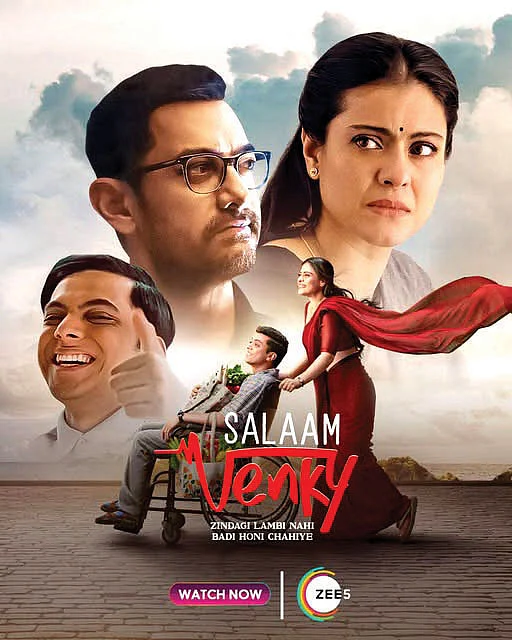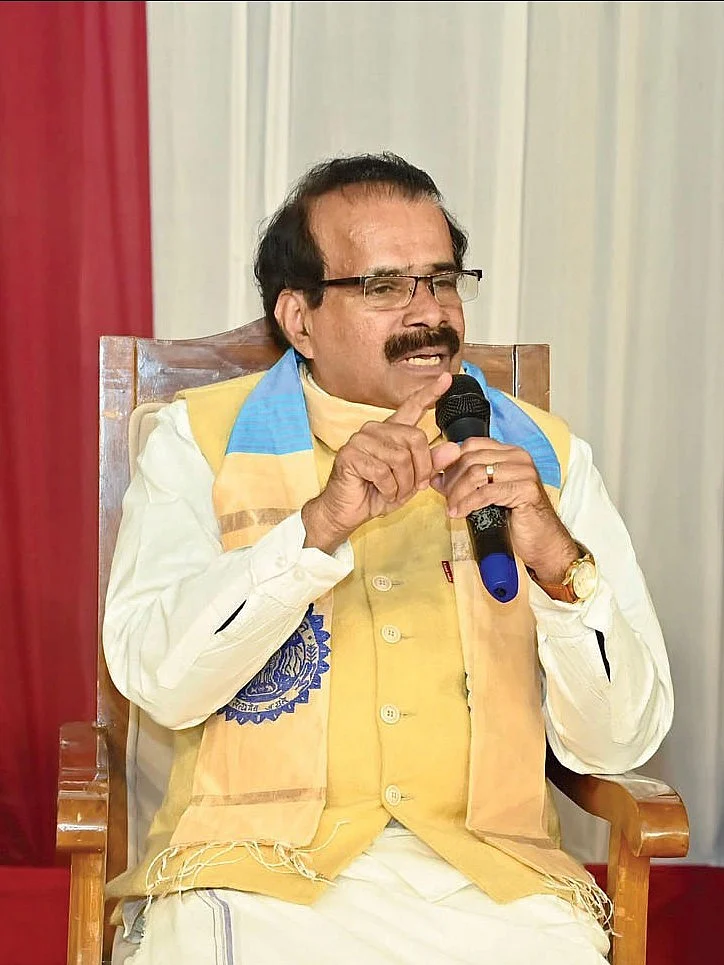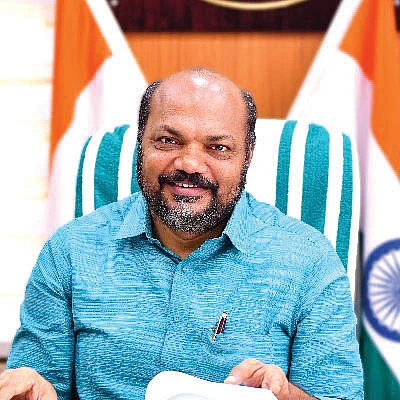Kerala to Karnataka: ‘Living wills’ to facilitate death with dignity
Despite the Vedantic outlook that treats death philosophically, Indians are reluctant to allow family members to die in the comfort of their homes

Aruna Shanbaug is a name many may have forgotten. She is the nurse who lay in a vegetative state for 42 years after being raped and strangled with a dog chain in 1973.
Her tragic case prompted a review of the laws relating to euthanasia, or mercy killing. After a long battle led by activist Pinki Virani, the Supreme Court permitted passive euthanasia — withdrawal/ withholding of life support — in select cases.
Shanbaug, who worked as a nurse in Mumbai, hailed from Haldipur in Karnataka.
It was therefore fitting that her home state should be one of the first in the country to enact practical rules allowing a terminally ill or vegetative patient to die naturally. On 31 January 2025, state health minister Dinesh Gundu Rao announced the policy, based on the 2023 ruling by the Supreme Court that recognises the right to die with dignity under Article 21 of the Constitution, which guarantees protection of life and liberty.
The policy, Rao added, would allow closure for family members faced with a difficult choice.
The state’s historic decision enables the setting up medical boards in hospitals (with internal and external doctors) to handle requests in line with the court’s guidelines.
It also makes provision for so-called ‘living wills’, also called ‘advance medical directives’. These allow people to specify the medical treatment if they cannot decide for themselves, or name two individuals to decide on their behalf.
It also provides guardrails in the form of strict safeguards against misuse.
Karnataka’s ‘death with dignity’ step is immensely significant. Despite the Vedantic outlook that treats death philosophically, Indians are reluctant to allow family members to die in the comfort of their homes. Instead, they prefer their passing in the sterile confines of hospital ICUs, with invasive tubes and instruments that merely prolong their suffering.
Rights activist Ravindranath Shanbhag made the valid point that ICUs are not meant for elderly and dying patients, but for the young who need intensive care to survive. He called for extensive debate and publicity on living wills, hoped it would be speedily implemented and noted that the right to life included the ‘right to die.
The move has been welcomed by doctors and lawyers, with physicians and other professionals saying it was a big change in critical care.
The Hindu cited Sundar Sankaran, director of Aster Renal Transplantation: “No one should die alone in the ICU without family and friends, if possible.”
Nagesh Simha, medical director of the Karunashraya Hospital Trust, said that Karnataka had set a precedent and improved on the order issued by Kerala’s Kollam Government Medical College Hospital, which had only government doctors on board.
Dr Visvesh Sekhar, a disability rights activist and practising lawyer, called the step historic, pointing out that Kerala had not followed through on passive euthanasia, making Karnataka the first state to implement it.
Bollywood actor Kajol Devgan also hailed the move, saying her film Salaam Venky conveyed the same message — the terminally ill should have the right to die peacefully.

Budgets and backwardness
While Opposition-ruled states, especially in the South, know better than to expect generous schemes or even concessions in the annual Union Budget, Keralites were quite aghast when union minister Kurian George rubbed salt in their wounds.
Ostensibly reacting to criticism from local leaders about Kerala being neglected, George snapped back: “Declare that Kerala is a backward state, if you want more funds. Say that we don’t have roads, educational facilities and other things.


“If you declare that you’re socially, educationally and infrastructurally backward compared to other states, then the [Finance] Commission will report to the government and you will get the funds,” he said.
P. Rajeev, a Kerala minister, accused George of insulting his home state. He advised George to read the Economic Survey if he had the time. The state was a high achiever on almost all social development indicators, he said, by dint of hard work — not because anyone was doing them any favours.
It’s widely known that Kerala has the highest literacy rate in India (over 96 per cent compared to the national average of 78), one of the lowest infant mortality rates, greater life expectancy and gender equality as well as lower levels of poverty.
George, who has an MA in Hindi (he often translates during Modi’s Kerala visits) and is an LLB to boot, could hardly be so ill-informed. Local politicians and intellectuals from the ruling Left Front and the Congress demanded George retract his statements, which were ‘patently anti-Kerala’.
CPM state secretary M.V. Govindan said George was only echoing the BJP’s anti-federal philosophy.
Be that as it may, this will provide ammunition against the BJP in the upcoming local body elections.
Follow us on: Facebook, Twitter, Google News, Instagram
Join our official telegram channel (@nationalherald) and stay updated with the latest headlines
